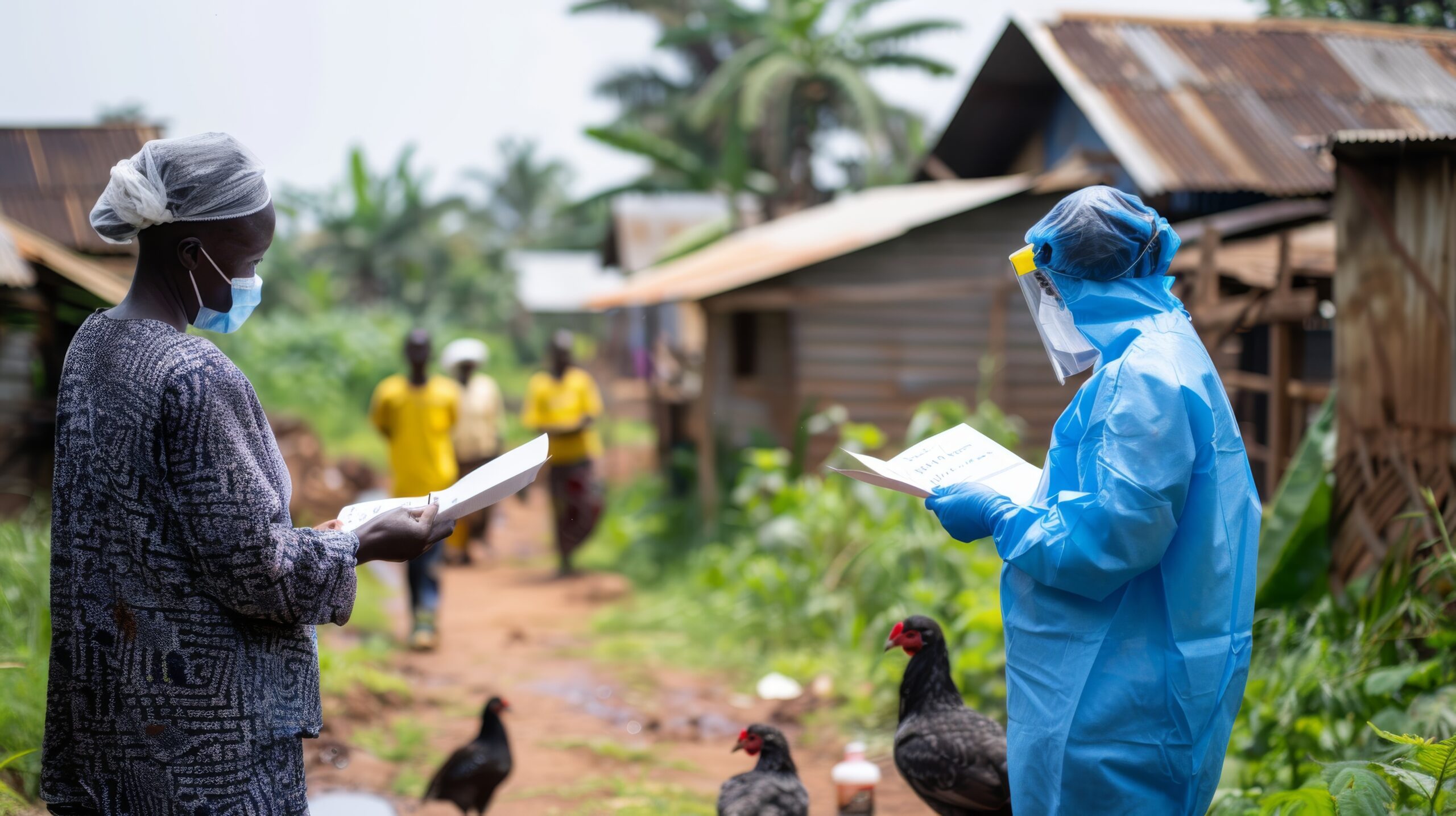For many people living in rural areas, access to healthcare is often a daily challenge. Limited transportation, a lack of nearby medical facilities, and workforce shortages create significant barriers to receiving care. This is where community health workers (CHWs) are making a profound impact. CHWs serve as critical bridges between healthcare systems and the communities they serve, bringing a new layer of connection, trust, and support to individuals who may otherwise fall through the cracks.
As someone deeply involved in rural healthcare, I have seen firsthand how CHWs are transforming care delivery. Their role goes beyond just providing health advice; they are trusted advocates who meet people where they are—literally and figuratively—ensuring care reaches those who need it most.
Who Are Community Health Workers?
Community health workers are individuals who are often part of the communities they serve. They may not always have formal clinical training, but they undergo specialized education to support patients in various ways. CHWs are the link between healthcare systems and individuals, particularly in underserved and rural areas. They focus on health education, care coordination, advocacy, and improving access to care.
What sets CHWs apart is their deep understanding of the cultural, economic, and social factors that impact health in their communities. They speak the language—both literally and culturally—of the people they serve. This trust allows CHWs to effectively engage patients, encourage preventive care, and connect individuals to resources they might not otherwise know about.
Addressing Barriers to Healthcare Access
One of the most pressing issues in rural healthcare is the sheer lack of access to medical facilities. Many rural communities are located miles away from the nearest clinic or hospital, making it difficult for residents to get regular check-ups or treatment for chronic conditions. For those without reliable transportation, the distance can mean the difference between life and death.
CHWs help bridge this gap by bringing healthcare directly to the community. Whether it’s checking in on someone at their home, organizing health screenings at local community centers, or educating families about preventive care, CHWs reduce the burden of travel for patients and make healthcare more accessible.
Additionally, many rural areas face shortages of healthcare providers. Primary care physicians and specialists are often scarce, leaving residents without consistent medical support. CHWs play a critical role in filling this void by providing support and guidance, helping patients manage their health until they can see a clinician.
Building Trust Within Rural Communities
In healthcare, trust matters. Rural communities often have unique cultural dynamics, and many residents are understandably wary of outsiders or large healthcare systems. This is where CHWs make all the difference.
Because CHWs are often from the same community as the people they serve, they already have a built-in foundation of trust. They understand the struggles of their neighbors and can communicate in ways that are relatable and respectful. This trust enables them to tackle sensitive issues, like encouraging preventive care, promoting vaccination, or helping individuals manage mental health challenges.
For example, I’ve seen CHWs successfully educate families about the importance of routine health screenings, something that can feel intimidating or unnecessary to individuals who have never accessed such services before. By explaining the value of preventive care in simple, relatable terms, CHWs empower individuals to take charge of their health.
Improving Chronic Disease Management
Chronic diseases like diabetes, hypertension, and heart disease are prevalent in rural communities, often due to a lack of regular medical care and health education. Managing these conditions requires consistent monitoring and lifestyle changes, which can be incredibly difficult without support.
CHWs are playing a game-changing role in helping individuals manage chronic conditions. They educate patients about medication adherence, healthy eating, and physical activity, all while tailoring their guidance to fit the community’s lifestyle and resources. CHWs can also monitor patients in between doctor visits, ensuring that any concerning changes are addressed early before complications arise.
For instance, in rural areas where fresh, healthy food may be hard to find, CHWs might help connect families with local food assistance programs or teach them how to prepare nutritious meals with limited resources. This kind of practical, culturally sensitive support can make a lasting difference in improving health outcomes.
Connecting Patients to Resources
Beyond healthcare, many rural residents face significant social challenges that impact their overall well-being, including poverty, housing insecurity, and food deserts. These social determinants of health can exacerbate existing medical issues and create new ones.
CHWs serve as advocates who connect individuals to critical resources, such as food banks, transportation services, housing assistance, or mental health support. They are often the first to identify when someone is struggling and can help patients access programs and services that address their needs holistically.
By focusing on the “whole person,” CHWs are transforming healthcare delivery into something more comprehensive and compassionate. They understand that health is not just about treating illnesses; it’s about addressing the factors that prevent people from living full, healthy lives.
The Future of Rural Healthcare and CHWs
The impact of community health workers on rural healthcare is undeniable, but to scale this success, we must invest in training, resources, and funding for CHW programs. Policymakers, healthcare leaders, and communities must recognize the invaluable role these workers play in improving health outcomes, reducing healthcare disparities, and fostering trust in underserved areas.
At organizations like QUICKmed, where we focus on providing innovative healthcare solutions, we see tremendous potential for integrating CHWs more fully into the care delivery model. Their work complements clinical providers, strengthens patient relationships, and helps build healthier, more resilient communities.
Final Thoughts
Community health workers are transforming rural healthcare, one patient and one community at a time. By breaking down barriers to access, building trust, and addressing the social determinants of health, they are creating a new model for care delivery that is more equitable, compassionate, and sustainable.
As we look to the future, we must prioritize and support the role of CHWs. Their dedication, cultural understanding, and hands-on approach to healthcare are exactly what rural communities need to thrive. If we continue to invest in their work, I am confident we will see healthier communities and brighter futures for all.


